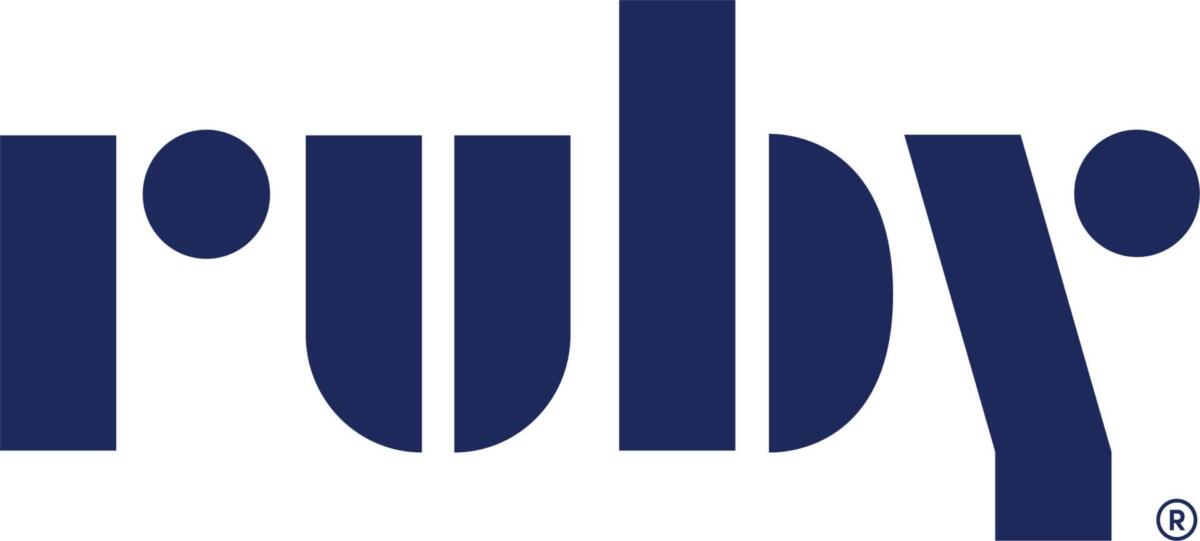
“Hey, do you have a minute? I just have one quick question.”
How many times a day do you hear those fateful words? One minute turns into 15, one question becomes several, and you end up losing big chunks of your day trying to refocus on your projects. In fact, it takes an average of 23 minutes and 15 seconds to get back to a task once you’ve been distracted.
It is tough to say “no” when an employee approaches you with a question. You don’t want to come off as rude or unsupportive, but you’ve got things to do! How do you strike the delicate balance between being accessible, and being productive?
Focus On What You CAN Do
Ruby strives to provide the best experience possible for each caller, and that means focusing on what we can do to help the caller out. For example, instead of responding to a caller with “I can’t connect you to Ms. Smith,” a Ruby receptionist would say “Ms. Smith is away from her phone, but I’ll be happy to take a message!”
A key part of politely letting someone know you can’t devote time to them at the moment is setting parameters for when you can. Instead of responding to a colleague with, “I can’t talk about this right now,” try “I’m in the middle of something right now. Can I check back with you tomorrow morning?”
Another option is to host dedicated office hours where employees are encouraged to come meet with you in an environment in which you can give them your undivided attention.
Prioritize Communication Channels
Technology is able to connect us in more ways than we ever imagined—which can be detrimental to productivity. All is not lost, however. Turn the number of communication channels from a burden into an asset by assigning each channel a priority level, and then sharing this process with your team. Here’s an example of a communication priority system a web developer friend of mine utilizes:
- Email: Low priority projects, tasks with a longer lead time or projects requiring input from multiple folks. Suggestions for company improvements or thoughts on culture should also be sent via email.
- Internal Chat Client: Reminders of tasks awaiting my feedback or meetings. Chat should also be used to ask if I’m available to talk.
- Text: Should be used when I’m out of the office for an issue requiring my immediate attention.
- Desk Interruption: Reserved for high priority tasks that must be fixed immediately, or bringing work-related grievances to my attention.
This system will require some conditioning and practice to be successful, but is a great way to empower others to help in organizing your day.
Plan for Distractions
One of the first companies I worked for used a notecard system to track individual tasks. Each card included an estimate of hours for the particular task, so the team could track their overall productivity. During a particular sit down with my boss, I expressed how unproductive I felt each day, as I was getting interrupted so often I couldn’t complete my notecard tasks. He suggested, as part of my planning each week, I include a notecard labeled “Interruptions” with an hour estimate. Then, I would use a time-tracking software to record these interruptions.
After a few weeks of tracking, I was able to accurately predict the time I needed to address these interruptions, and I began blocking out this time in my weekly planning. Suddenly I felt more productive, as interruptions were now incorporated into my schedule, as opposed to tacked on as extra time.
An easy way to perform this exercise in your business is with a notepad. Keep a notepad by your keyboard with the hours you will be working written on the left side, one per line. Each time you are interrupted, put a hash mark on the appropriate hour line. Do this for two weeks, and you’ll have a good idea of when folks are most likely to be distracting you. Then, plan your schedule accordingly by scheduling office hours during those high-traffic times or moving your bigger projects to before or after those blocks.
Do Unto Others
Of course, if you want to be treated a certain way, it is important you practice what you preach. Show you value other’s time and avoid initiating an interruption when possible. If you do need to interrupt someone, give them the option of turning you down without appearing rude. Instead of “I just have one quick question,” ask “Is now a good time to talk?”
Creating a culture dedicated to transparency and learning can mean employees are more likely to interrupt your day with questions, but this doesn’t have to be an unpleasant affair for either party. You may not know when or where these disruptions will happen, but you can be prepared by setting expectations, placing buffers in your schedule, and having a kind phrase that ensures the employee knows you are happy to answer the question…in a little while.
Of course, Ruby is here to help reduce distractions too! Our smart and friendly virtual receptionists will handle each of your callers with care, and take care of messages, transfers, even basic questions about your business.



